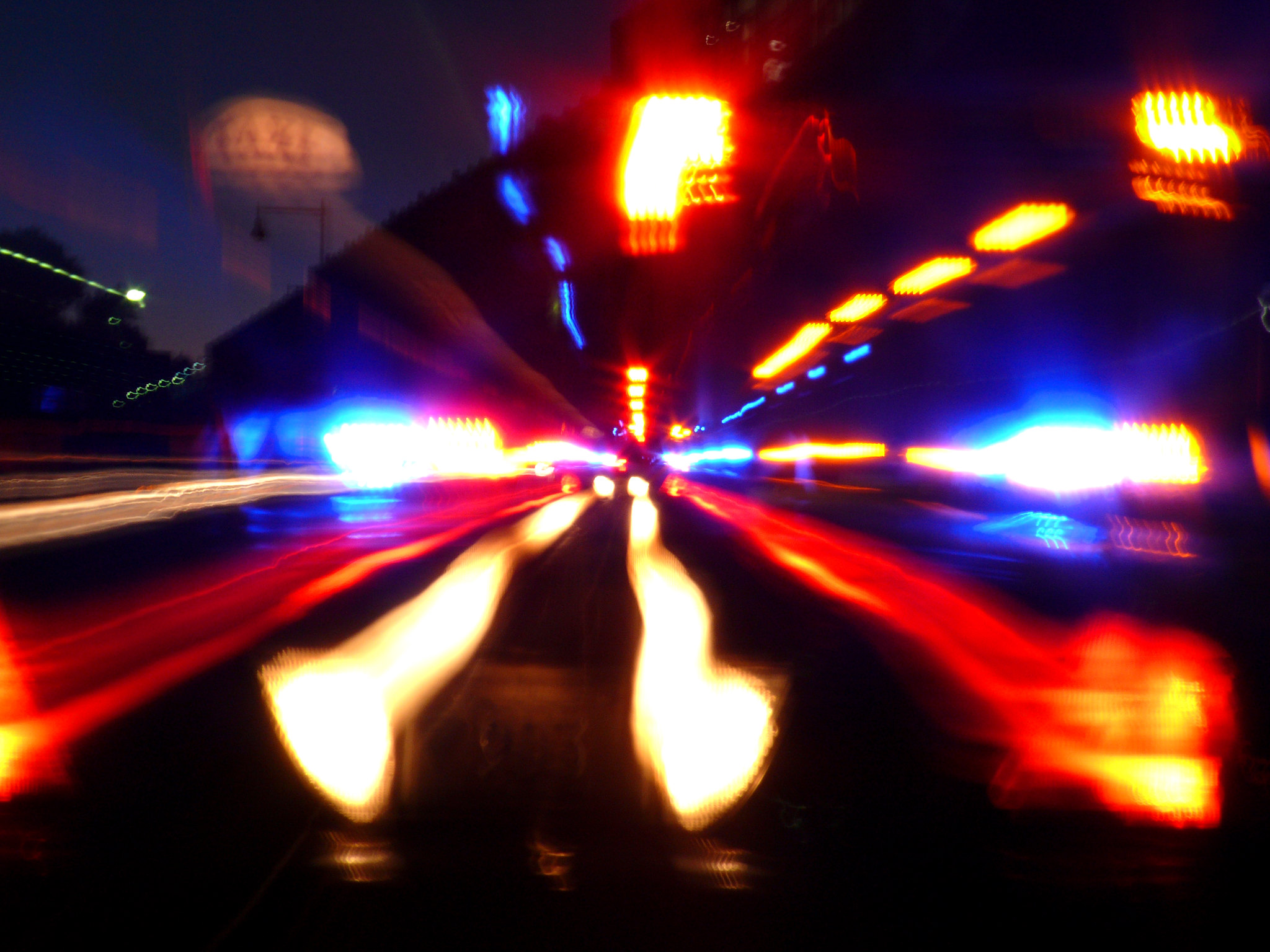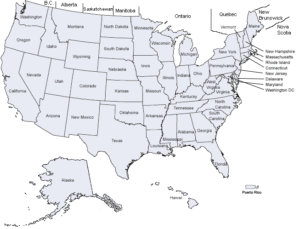Are you curious about what’s happening in your area and want to keep up-to-date on emergency situations? Digital police scanners are becoming increasingly popular for just that. But how can you find the frequency for your local police department? No worries, we’re here to guide you through one of the easiest methods that will work even if you live outside of the United States. Let’s get started!
What Is a Digital Police Scanner?
A digital police scanner is a device that can receive and decode digital radio signals transmitted by police and emergency services, allowing the user to listen to real-time communications between first responders and emergency personnel. These scanners can also be used to monitor other types of radio transmissions, such as those used by aviation, public utilities, and businesses.
Digital police scanners are used by hobbyists, journalists, and emergency responders to keep up-to-date on unfolding events and emergency situations. They can be standalone devices or software applications that run on a computer or mobile device. With the rise of digital radio technology, many police and emergency services have switched from analog to digital communications, making digital police scanners a necessity for those who want to monitor these channels.

Is It Legal to Use a Digital Police Scanner?
The legality of using a digital police scanner varies by jurisdiction. In some places, it is legal for the general public to use digital police scanners, while in others, it may be restricted or prohibited. Some jurisdictions require a license or permit to use a police scanner, while others prohibit the use of scanners in certain circumstances, such as during the commission of a crime or while driving a vehicle. As far as some law enforcement in the USA has switched to encrypted frequencies you may not to pick them up by commercially available scanners. It is important to research the laws and regulations in your specific location before using a digital police scanner.
Basics of Police Scanner
All scanners consist of the same basic components, but they vary in their level of sophistication. The most rudimentary models are just simple analog receivers that can only pick up one or two frequencies at a time. These devices listen to the same frequencies as local news media broadcasts do, but they also have additional features that go above and beyond simple AM/FM radios. More advanced digital police scanner models have computer chips built into them to allow for more precise tuning and filtering. They also come equipped with features like GPS technology so you know exactly where certain emergency situations are taking place!
How to Find Local Police Scanner Frequencies?
Here are some ways you can try to find local police scanner frequencies.
Built-in Scanner Software
The first step to finding local police scanner frequencies is to find out what type of device you already have. If it’s a more advanced model with computer chips and other features, then there’s no need for you to purchase anything else. You can simply use the built-in software that comes on your digital police scanner.
Online Databases
Many websites offer online databases of scanner frequencies, including those used by local police departments. You can search for your area and find the appropriate frequencies to program into your scanner.
Police Department Websites
Some police departments post their scanner frequencies on their websites. Check your local police department’s website to see if they have this information available.

Internet Search
The radio frequencies used by digital police scanners will vary by location. If you don’t have a scanner with the ZIP code scanning function, finding this data might be find in another way. The most accurate method is searching via the Internet. Look for the term “local law enforcement,” “ambulance dispatch,” “weather reports,” and “road condition bulletins” on your favourite search engine.
Specilized Frequency Resourses
Or use the specilized frequency resourses such as the Radioreference.com to get all the frequencies in your home area. This website has a comprehensive database of scanner frequencies, including those used by police departments. You can search by state and county to find local frequencies. Only you should to know is the name of a city or location or a USA zip code. For example, if you live in the zip code 12345 then there are no digital police scanner frequencies available for that area. However, people who reside within the zip codes 10001 and 11215 have access to a large number of different emergency service channels including local police scanners. If found, simply connect your scanner to your PC and have the police frequency database updated.
Social Media Groups
There may be social media groups dedicated to scanner enthusiasts in your area. Joining these groups and asking for information on local frequencies can be a helpful resource.
Online Forums
There are many online forums dedicated to scanner enthusiasts. These forums can be a great resource for finding information on local frequencies and discussing scanner-related topics with other enthusiasts
Use The App
Download a program to your smartphone or tablet without having to go online. This method has grown in popularity recently. Simply visit Google Play or iTunes to obtain the app you desire. Some may cost a few dollars, but dozens of them are free.
In the End
It’s important to remember that you’re not using a police scanner to be nosy. You’re doing it for your safety and protection. If you need help finding out where to find local police frequencies in your area, we can help! Contact us today so we can give you some helpful advice on how to use our site or other resources if necessary. We hope this article has been informative and helped answer your questions about how people might find the local police scanner frequencies in the area. Thank you for reading!
